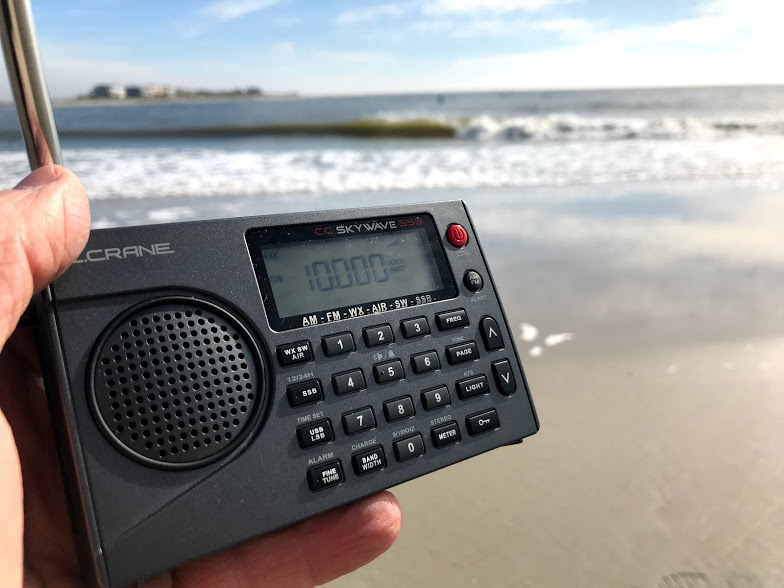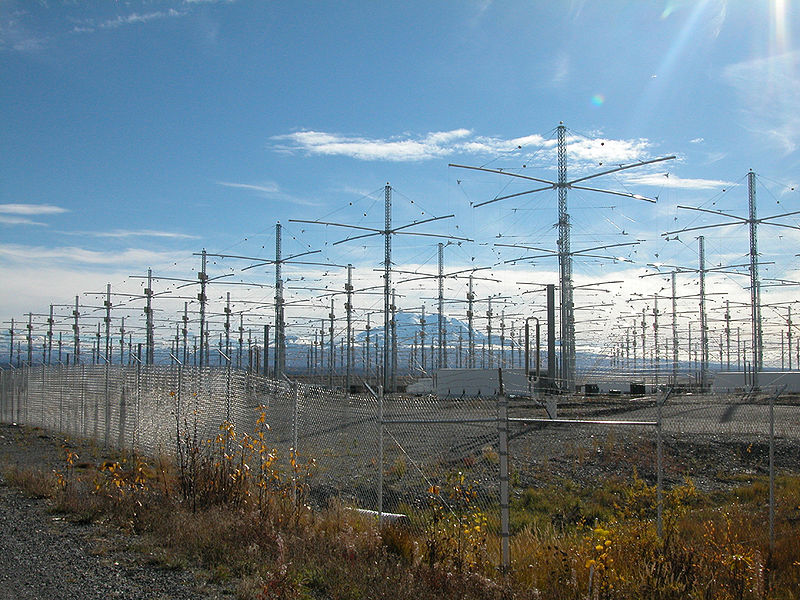 Radio Waves: Stories Making Waves in the World of Radio
Radio Waves: Stories Making Waves in the World of Radio
Because I keep my ear to the waves, as well as receive many tips from others who do the same, I find myself privy to radio-related stories that might interest SWLing Post readers. To that end: Welcome to the SWLing Post’s Radio Waves, a collection of links to interesting stories making waves in the world of radio. Enjoy!
Many thanks to SWLing Post contributors Jeb, Dennis Dura, and Dan Van Hoy for the following tips:
Edison Research: 55% Of Gen Z Listen to AM/FM Radio Every Day But… (Radio Insight)
n their latest Share Of Ear study, Edison Research notes that over 55% of 13-24 year-olds listen to AM/FM radio daily.
However the study notes that these Gen Z listeners spend 50% less of their total share of time listening to AM/FM radio than the average 13+ population meaning they spend less time with radio than older generations. They also mostly listen to AM/FM in the car with 50% of their listening coming in vehicles. The study also notes that these 13-24 year-olds use a radio receiver 50% less than the average 13+ population, and they use their phones for listening 75% more than the average 13+ population with 58% more of their total share of time listening to streaming audio than the average 13+ population. Their share of YouTube listening, which is surveyed only for music and music videos, is 98% higher than the average 13+ population.
The study also notes that 89% of their listening to AM/FM is done through a traditional radio and only eleven percent coming from streaming of broadcast brands.[…]
The Women Who Overcame Radio’s Earliest Glass Ceilings (Radio World)
Before the dawn of broadcasting, women were frequently hired as wireless operators, and so it was not a surprise that women’s voices were heard as announcers and program hosts in the early days of broadcast radio.
Sybil Herrold was perhaps the world’s first disc jockey; she played Victrola records on her husband Charles Herrold’s experimental station, which broadcast in San Jose from 1912 to 1917.
In Boston, Eunice Randall’s voice was heard on a variety of programs over AMRAD station 1XE (which became WGI in 1922). In New York City, WOR audiences regularly heard Jesse Koewing, who was identified on the air only as “J.E.K.” while Betty Lutz was the popular “hostess” heard on WEAF.
At WAHG (now WCBS), 16-year-old Nancy Clancy was billed as the country’s youngest announcer.[…]
Coffee and Radio Listen – Episode 2 Carlos Latuff (Coffee and Listen)
Carlos Henrique Latuff de Sousa or simply “Carlos Latuff”, for friends, (born in Rio de Janeiro, November 30, 1968) is a famous Brazilian cartoonist and political activist. Latuff began his career as an illustrator in 1989 at a small advertising agency in downtown Rio de Janeiro. He became a cartoonist after publishing his first cartoon in a newsletter of the Stevadores Union in 1990 and continues to work for the trade union press to this day.
With the advent of the Internet, Latuff began his artistic activism, producing copyleft designs for the Zapatista movement. After a trip to the occupied territories of the West Bank in 1999, he became a sympathizer for the Palestinian cause in the context of the Israeli-Palestinian conflict and devoted much of his work to it. He became an anti-Zionist during this trip and today helps spread anti-Zionist ideals.
His page of Instagram (https://www.instagram.com/carloslatuff/) currently has more than 50 thousand followers, where of course, you can see his work as a cartoonist and also shows his passion on the radio.[…]
Your Next Tech Purchase Should Be a Radio (PC Mag)
As the pandemic drags on, it’s time to return to a slower, older technology, one that frees you from the unending sameness served up by algorithms.
Quarantine has slowed everything down so much that it almost feels like we’re going back in time. The first few weeks were measured in sourdough starter, then in seeds sprouting from patches planted in backyards or squeezed into space on windowsills. Things are quieter now, but maybe too quiet.
Commutes used to be accompanied by music and podcasts piped in through earphones or car speakers. This casual sensory stimulation seems disposable, but it’s one of many small pleasures that have slipped away nearly—but not quite—unnoticed.
That’s why it’s time to return to a slower, older technology that can provide auditory companionship and match the new pace of your days: the radio.
Radios, more affordable and portable than TVs, used to be household staples and a more intimate part of people’s days—a companion in the bath or during a solitary drive or walk. Now they’re mostly found in go bags and as vehicle infotainment center afterthoughts.[…]
Do you enjoy the SWLing Post?
Please consider supporting us via Patreon or our Coffee Fund!
Your support makes articles like this one possible. Thank you!


